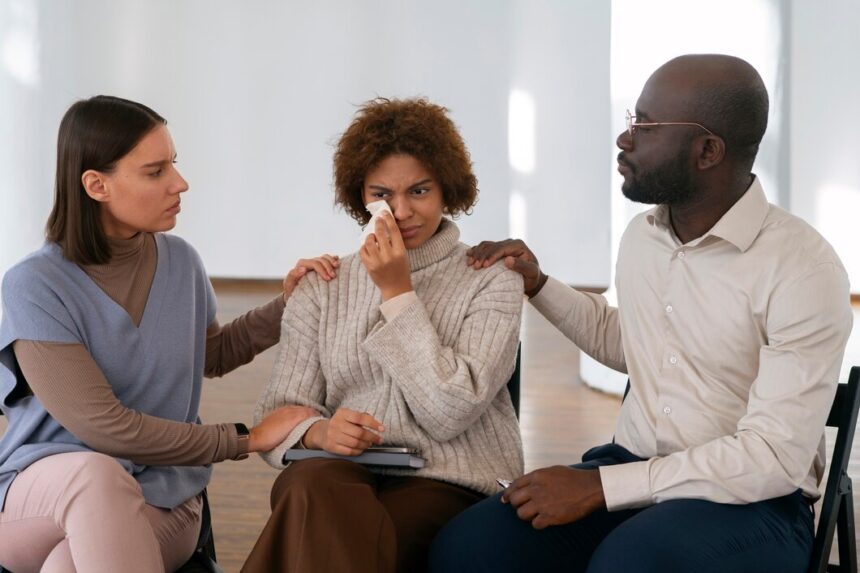Maintaining a healthy and fulfilling relationship requires open communication, mutual respect, and a willingness to work through challenges together. However, even the strongest relationships can encounter rough patches or unresolved issues that may benefit from professional intervention. Couples therapy, also known as marriage counseling or couples counseling, provides a supportive and structured environment for couples to address concerns, improve communication, and strengthen their bond. Here are ten signs that indicate you may benefit from couples therapy:
1. Communication Breakdown
Persistent communication problems, such as frequent arguments, misunderstandings, or difficulty expressing thoughts and feelings, can strain a relationship. Couples therapy can help improve communication skills and facilitate constructive dialogue to resolve conflicts effectively.
2. Recurring Conflicts
If you find yourselves repeatedly arguing over the same issues without resolution, it may indicate deeper underlying issues that require professional assistance. Couples therapy can help identify the root causes of recurring conflicts and develop strategies for resolution and compromise.
3. Emotional Distance
Feeling emotionally disconnected or distant from your partner is a common issue in troubled relationships. Couples therapy provides a safe space to explore and address underlying emotions, rebuild intimacy, and strengthen emotional bonds.
4. Lack of Trust
Trust issues, such as infidelity, secrecy, or betrayal, can erode the foundation of a relationship. Couples therapy offers a structured framework to rebuild trust, establish boundaries, and work through past hurts in a supportive and non-judgmental environment.
5. Life Transitions
Major life transitions, such as marriage, parenthood, career changes, or relocation, can place strain on a relationship. Couples therapy can help navigate these transitions, manage stress, and adapt to new roles and responsibilities as a couple.
6. Different Relationship Expectations
Divergent expectations regarding marriage, family dynamics, finances, or lifestyle preferences can lead to conflict and dissatisfaction in a relationship. Couples therapy facilitates honest discussions and mutual understanding of each other’s needs and expectations.
7. Intimacy Issues
Struggles with physical intimacy, sexual dissatisfaction, or mismatched libido levels can create tension and frustration in a relationship. Couples therapy provides a supportive space to explore intimacy concerns, address underlying factors, and enhance physical and emotional connection.
8. Parenting Challenges
Parenting disagreements, conflicting parenting styles, or challenges in co-parenting can strain a relationship. Couples therapy offers guidance on effective co-parenting strategies, conflict resolution, and maintaining a united front as parents.
9. Unresolved Trauma
Past traumas, such as childhood experiences, trauma-related disorders, or unresolved emotional wounds, can impact relationship dynamics and communication patterns. Couples therapy can help couples navigate the impact of trauma on their relationship and support each other’s healing journey.
10. Contemplating Separation or Divorce
If you or your partner are considering separation or divorce, couples therapy can offer a last-resort effort to salvage the relationship or navigate the separation process amicably. Therapists can provide guidance, support, and practical tools to help couples make informed decisions about their future.
Couples therapy is not a sign of weakness but a proactive step toward strengthening your relationship and fostering mutual growth and understanding. Seeking professional assistance demonstrates a commitment to addressing issues, improving communication, and investing in the health and longevity of your relationship. If you identify with any of the signs mentioned above, consider reaching out to a qualified couples therapist who can help you navigate challenges, rebuild trust, and cultivate a thriving partnership.










